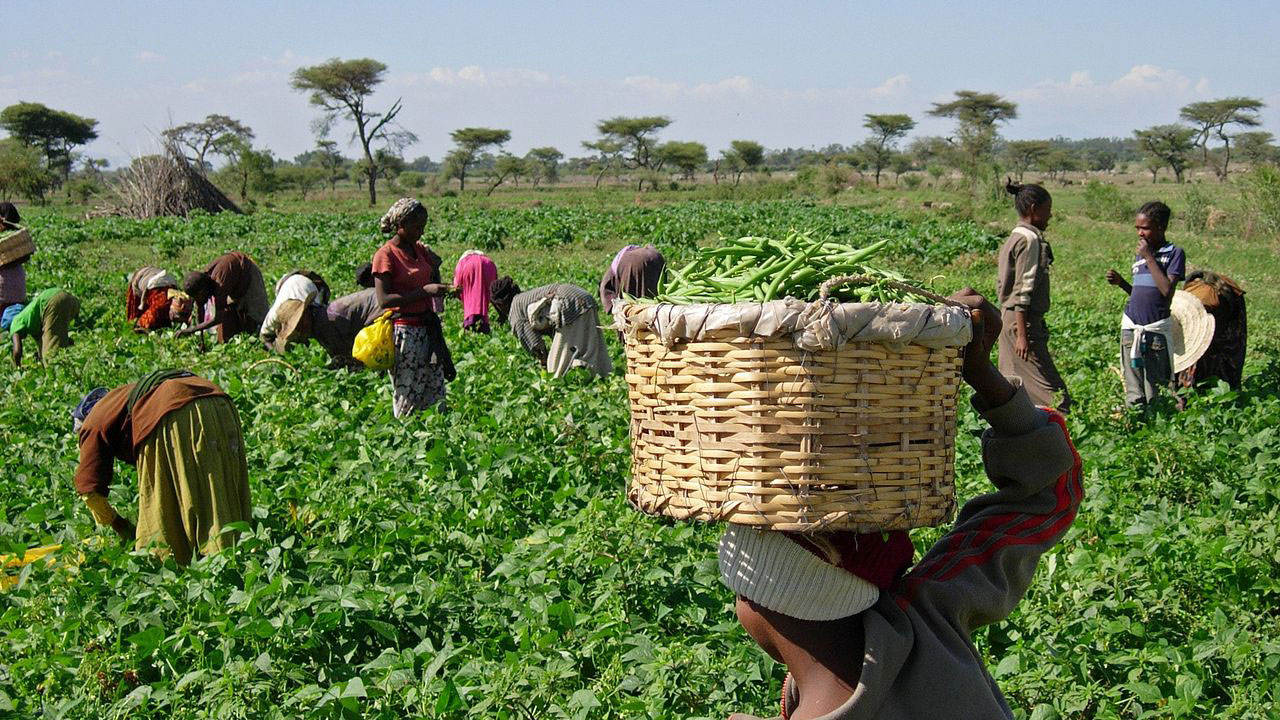Mr Kelikume Ikechukwu, Programme Director, Lagos Business School, on Saturday said that Agribusiness and not agriculture was the key to unlocking Nigerian economy.
Ikechukwu speaking to the News Agency of Nigeria (NAN) in Lagos described agriculture as activities such as crop production, fishery, forestry and animal husbandry.
He, however, said that agribusiness encompassed land, people, packaging, processing, transportation and the export of produce which goes beyond just farming.
“For instance, an agribusiness practitioner will take maize and extract ethanol and raw starch from it to produce industrial starch needed by textile industries.
“The industrial starch is produced outside Nigeria but the raw starch that is used in producing industrial starch comes form Nigeria,” he said.
The director added that if agriculture were truly the key to unlocking the economy, then Cote d’Ivoire, the richest country in cocoa production, would have ranked the biggest in the cocoa value chain.
He said, “Switzerland, however, is the biggest in the cocoa value chain but it does not produce cocoa that is why agribusiness is the key to unlocking the Nigerian economy.
“If we begin to expand it, you will see how big the agribusiness space is compared to agriculture that is why it holds the key and not agriculture.”
He advised youths interested either in agriculture or agribusiness to seek knowledge and experience first before pursuing money because agriculture requires experiential learning for its practitioners to be successful.
“Money should not be the first thing to consider when anyone is going into agriculture or else such will lose all the money, rather get knowledge and information which will serve as a guide.
“You need to dirty your hands and build experience by going to the farm to understand the terrain before you can become successful in the financial aspect,” he said.
Ikechukwu urged youths to take advantage of the several opportunities that abound in the agricultural space in order to meet increasing demand for food by a growing population of 200 million people.
“Our population is currently slightly above 200 million people and there is a problem with the age distribution because 43 per cent of our population lies between the age grade zero to 14 years.
“This means that we have over 90 million children that must be fed so we need more youths that will go into agriculture in order to meet the increasing demand for food,” he said.
He urged the organised private sector to show more interest in organising empowerment and capacity building programmes where several youths could benefit from. (NAN)

